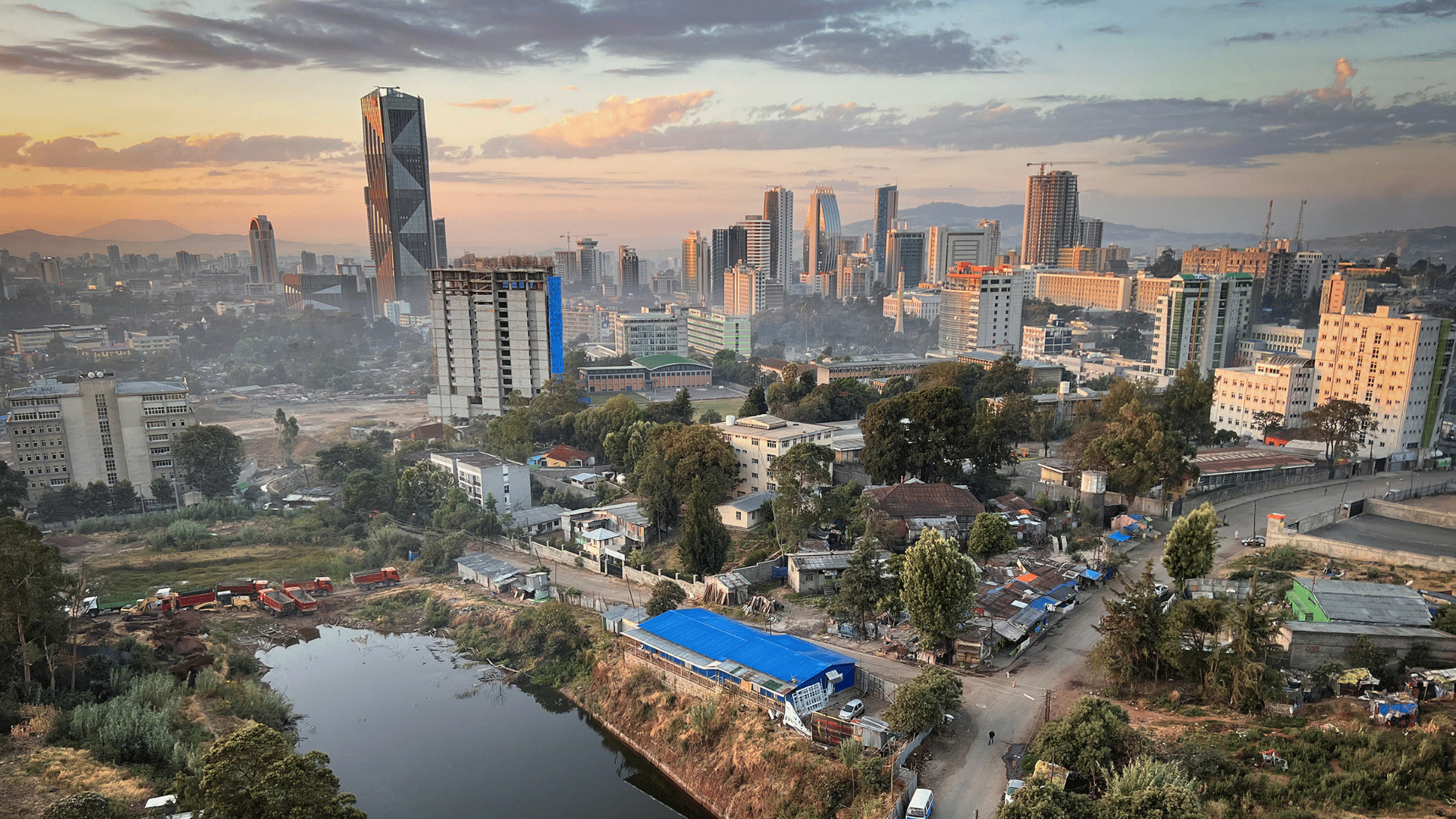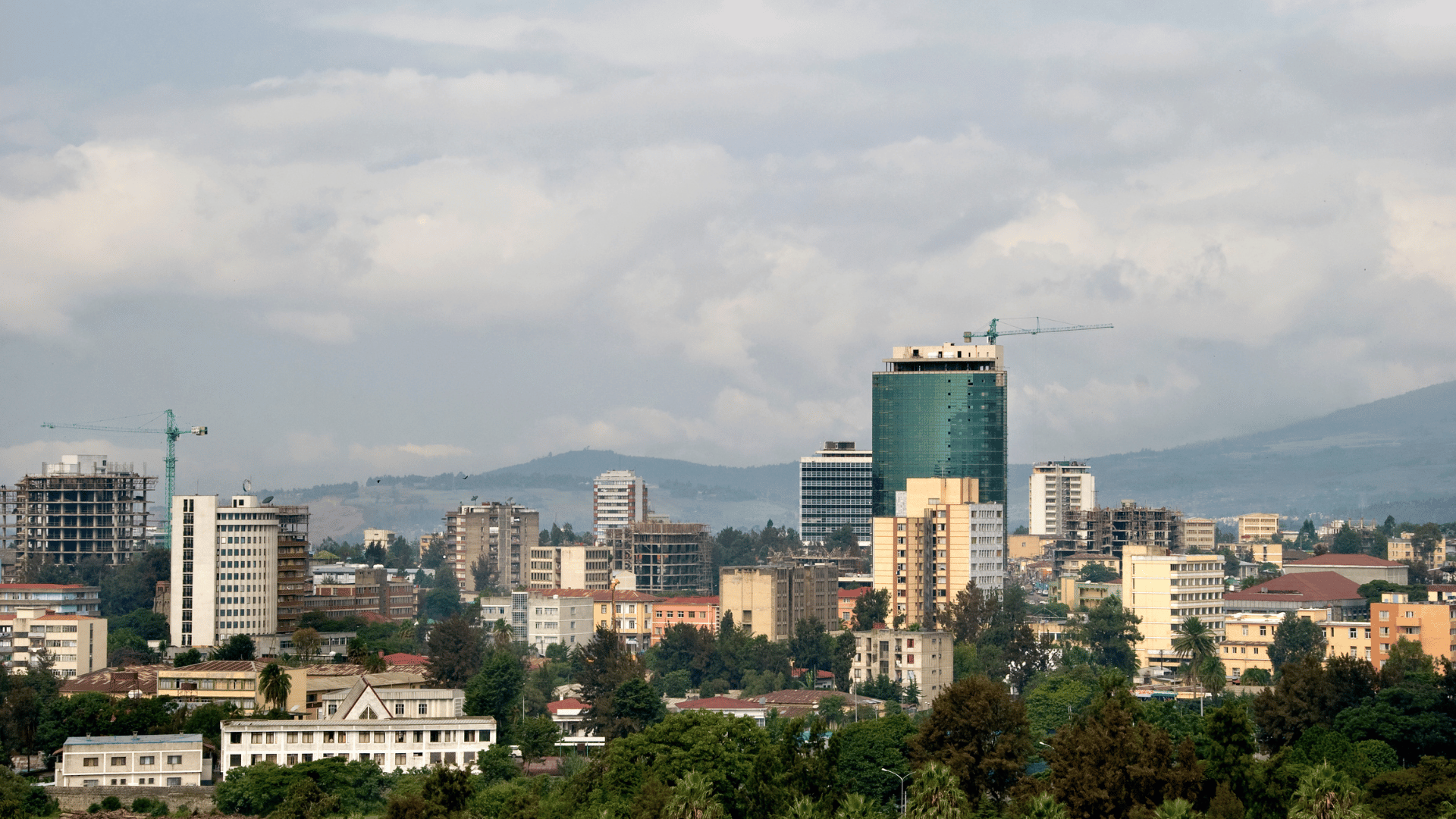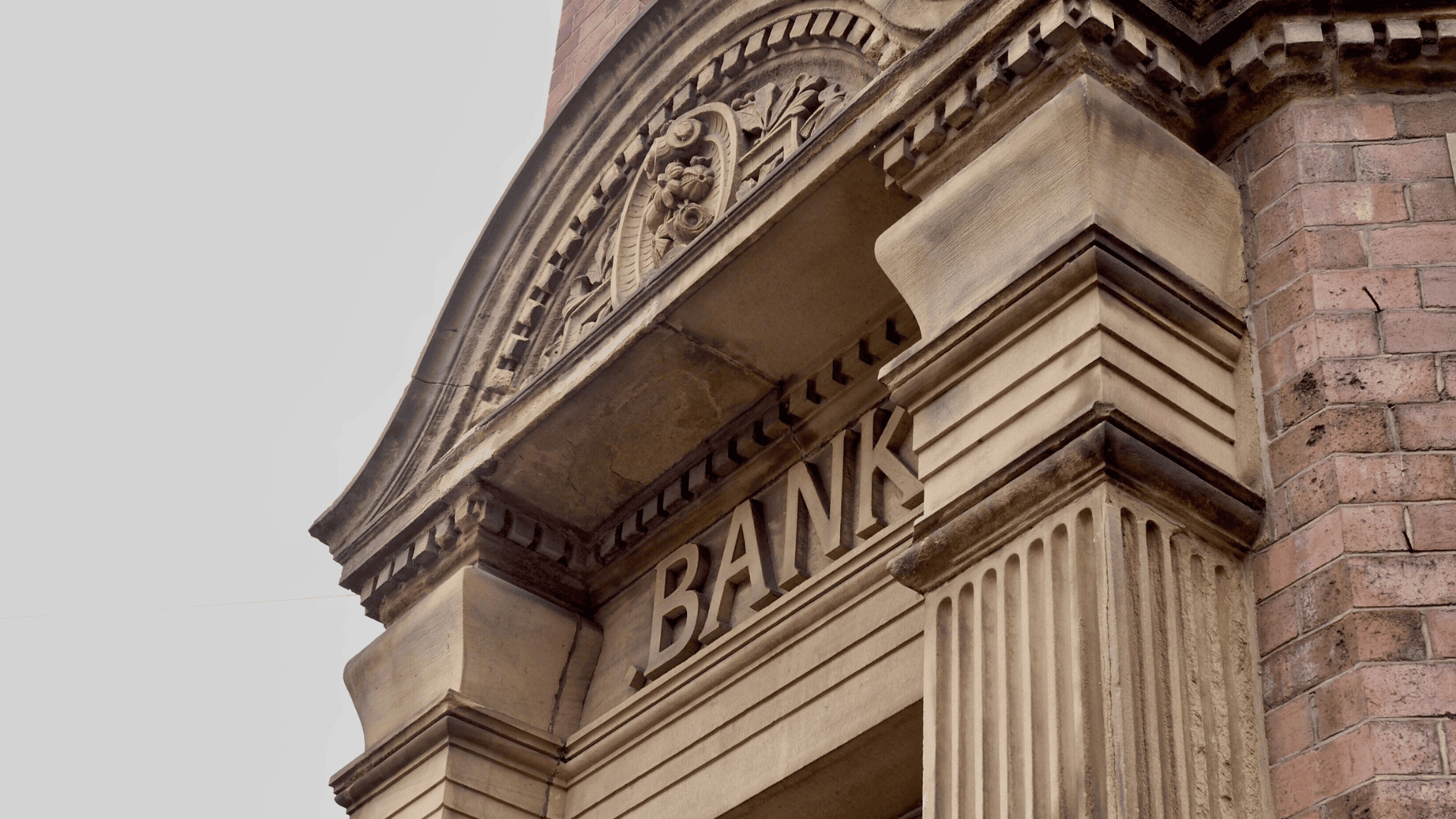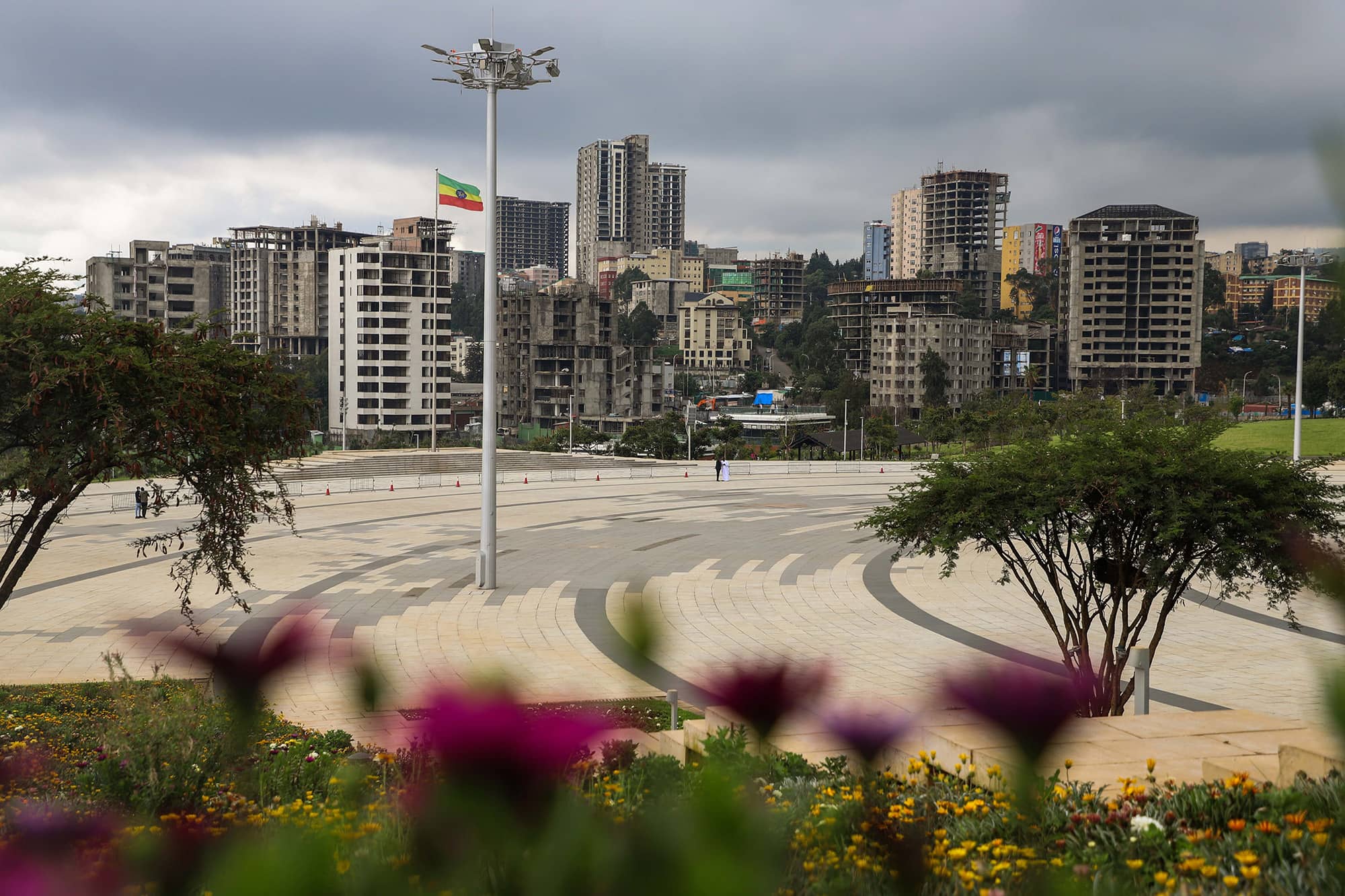Exploring Ethiopia Addis Ababa Real Estate Market in 2024
Explore the growing Addis Ababa real estate market in Ethiopia for 2024. Find tips for smarter investments and a list of available properties.
As we enter the year 2024, the Ethiopian real estate market continues to capture the attention of investors and homebuyers alike. Addis Ababa, the capital city of Ethiopia, is a hub of economic activity and rapidly growing urban development, making it a prime location for real estate investment. The housing market in Addis Ababa offers a variety of options, from modern high-rise apartments to traditional homes with rich cultural heritage. With the rise in demand for housing in Ethiopia, the real estate prices in Addis Ababa have been steadily increasing. Curious about how much a house in Ethiopia costs? Join us as we explore the dynamic real estate market in Addis Ababa in 2024.
Buying real estate in Ethiopia?
Investing in real estate in Addis Ababa offers a unique chance to tap into one of Africa’s fastest-growing economies. The city’s development is bolstered by Ethiopia’s political stability and rapid urbanization, which are creating new opportunities for investors. Whether you’re looking to buy a villa, a commercial property, or a cozy apartment, Addis Ababa’s real estate market provides a plethora of options that cater to various needs and investment scales.

Why Invest in Addis Ababa?
Addis Ababa is not just the political capital but also the economic powerhouse of Ethiopia, making it an attractive market for real estate investment. Here are key reasons to consider a property investment in this city:
Economic Expansion
As Ethiopia’s economy grows, so does the potential for real estate. The country’s GDP has been on a steady increase, promising a fertile ground for investments. Particularly, Addis Ababa has benefited from foreign and local investments that boost the real estate sector.
High Demand for Housing
With urbanization at its peak, the demand for both residential and commercial properties is skyrocketing. Addis Ababa’s population is growing, and with it, the need for housing. This makes for a promising return on investment through rental incomes and property value appreciation.
Governmental Support
The Ethiopian government has implemented favorable policies to attract foreign investment into the real estate sector. This includes reforms that ease the process of buying and registering property, ensuring security for foreign investors.
Strategic Location and Development
Hosting the African Union and several international embassies, Addis Ababa is a diplomatic hub. This status boosts demand for high-quality residential and commercial real estate. Ongoing infrastructure developments make it even more appealing.
Cultural and Lifestyle Appeal
Addis Ababa offers a mix of traditional and modern lifestyles, making it a culturally rich place to invest in. From luxury villas in upscale neighborhoods like Bole and Ayat to affordable apartments in upcoming areas, the city caters to diverse preferences and budgets.
Rental Market Strength
The city’s status as an expatriate and diplomatic hub means the rental market is robust. Properties in central locations like Bole and city center are especially sought-after, fetching high rental yields.

Legal Framework for Foreign and Diaspora Investors
Navigating the legal aspects of real estate investment in Ethiopia is vital for ensuring a secure and profitable venture. Here, we detail the key legal considerations you should be aware of:
Ownership Laws
In Ethiopia, the right to own land is reserved exclusively for Ethiopian nationals. Foreign investors and non-national residents can, however, acquire leases for land. These leases can last up to 99 years, providing a long-term basis for residential, commercial, or agricultural developments. This system allows investors to secure long-term rights over properties and make substantial investments in construction and development.
Investment Protection
Ethiopia has established several bilateral investment treaties with countries around the world to protect and promote foreign investment. These treaties protect against risks such as expropriation, offering routes for arbitration and ensuring that investments are not nationalized without fair compensation. Such protections are vital for foreign investors, instilling confidence that their capital is safe and that they have recourse to fair treatment under international law.
Diaspora Investment Opportunities
The Ethiopian government encourages investments from the Ethiopian diaspora, recognizing their potential contributions to the economy. Diaspora members are afforded certain privileges, such as the right to register and own one residential property within the country. However, they must provide proof of their Ethiopian origin and comply with specific legal and procedural requirements, which can often be facilitated through consular services or directly within Ethiopia.
Repatriation of Funds
Ethiopia allows the repatriation of profits and dividends generated by foreign investments, including from real estate. This ensures that investors can move their returns out of Ethiopia into their home countries or elsewhere. Understanding the regulations governing currency exchange and transfer of funds is crucial, and compliance with Ethiopian tax laws must be ensured before repatriation.
Regulatory Bodies
The Ethiopian Investment Commission (EIC) is an essential contact point for all investors entering Ethiopia. The EIC offers guidance on the investment climate, specific sectoral insights, and detailed processes for registering and starting a business or investment in Ethiopia. They also assist in navigating through the bureaucratic processes that can often be a barrier to smooth operations.
Local Legal Representation
Given the complexities of the Ethiopian legal and regulatory framework, it is highly recommended that foreign and diaspora investors engage with competent local legal counsel. A lawyer familiar with Ethiopian real estate law can provide necessary insights into the documentation, procedures, and legal safeguards needed to secure investment. They also play a critical role in negotiating lease agreements, ensuring compliance with local laws, and representing investors in any legal disputes.
Tax Considerations
Understanding the local tax implications related to property ownership, rental income, and capital gains is crucial for real estate investors. Ethiopia has specific tax regulations that can impact the profitability of real estate investments. Employing a local tax consultant can help navigate this landscape, ensuring that all fiscal responsibilities are met and optimizing the financial aspects of real estate investments.

Financing Your Investment
Bank Mortgages
Local banks in Ethiopia, such as the Commercial Bank of Ethiopia and Awash International Bank, offer specialized mortgage products designed for real estate purchases. These mortgages typically provide competitive interest rates and terms, which can extend up to 20 years. Investors can benefit from tailored repayment plans that match their financial timelines, making it easier to manage cash flow and investment returns.
Real Estate Developer Financing
For those interested in purchasing new developments, many real estate developers in Addis Ababa offer structured payment plans. These usually require a down payment, often between 20% to 30% of the total price, with the remainder paid in installments over the construction period. This method not only eases the initial financial burden but also locks in pre-construction prices, which are often more favorable.
International Loans
International investors have the option of securing financing through global banks that operate in Africa or through institutions that specialize in funding emerging market investments. These loans are often structured to support foreign investment in real estate, offering considerable sums with the flexibility of international financing standards.
Private Equity and Venture Capital
Private equity firms and venture capitalists are increasingly looking towards the Ethiopian real estate market as a high-growth investment area. These entities typically invest in larger developments or real estate portfolios, offering substantial capital in exchange for equity shares. This form of financing is well-suited for larger investors or those looking to avoid traditional debt financing.
Partnerships
Engaging in a joint venture with local partners or other investors can spread out the financial risk and pool resources for larger projects. This approach allows investors to leverage local expertise and networks, which can be particularly beneficial in navigating the Ethiopian real estate and regulatory landscape. Partnerships can also offer more flexible and innovative financing structures, tailored to the specific needs of the project and the partners involved.
Risks and Challenges
Market Volatility
The real estate market in Addis Ababa can experience volatility due to various factors including economic fluctuations, changes in government policies, or shifts in foreign investment levels. This volatility can affect property prices, rental rates, and the overall investment climate. Staying informed about local and international economic trends can help you anticipate market shifts.
Regulatory Changes
Ethiopia’s regulatory environment, particularly concerning land ownership and property rights, can be complex and subject to changes. New laws and amendments can significantly impact your investment, especially for foreign investors who face certain restrictions on property ownership. It’s crucial to work closely with local legal experts who can provide up-to-date advice and navigate the regulatory landscape.
Financing Challenges
Securing financing for real estate projects in Ethiopia can be challenging, especially for foreign investors. The availability of financing options is often limited, and interest rates can be high. Exploring various financing methods, such as partnering with local investors or securing funds from international lending institutions, can provide alternative solutions.
Infrastructure and Development Risks
While Addis Ababa is undergoing significant development, some areas still lack adequate infrastructure, which can impact the value and accessibility of real estate investments. Investing in property in developing areas carries the risk of delays in infrastructure improvements, which could affect your project’s timeline and profitability.
Political Risks
Like any market, the political climate in Ethiopia can influence the real estate sector. Political instability can lead to economic downturns, affecting property values and investment security. Keeping a close eye on political developments and considering political risk insurance might mitigate these concerns.
Conclusion
Addis Ababa real estate market in 2024 offers a landscape ripe with opportunities, complemented by a vibrant economic outlook and strategic development initiatives. While the potential for substantial returns is significant, understanding the associated risks and legal nuances is crucial for any investor looking to capitalize on this emerging market. We invite you to explore the possibilities in Addis Ababa with us. Whether you’re looking to purchase your first property, expand your portfolio, or simply seek advice on navigating the local market, our team is here to guide you every step of the way. Contact us today to discover how you can leverage our expertise to make a sound investment in one of Africa’s most promising real estate markets.





